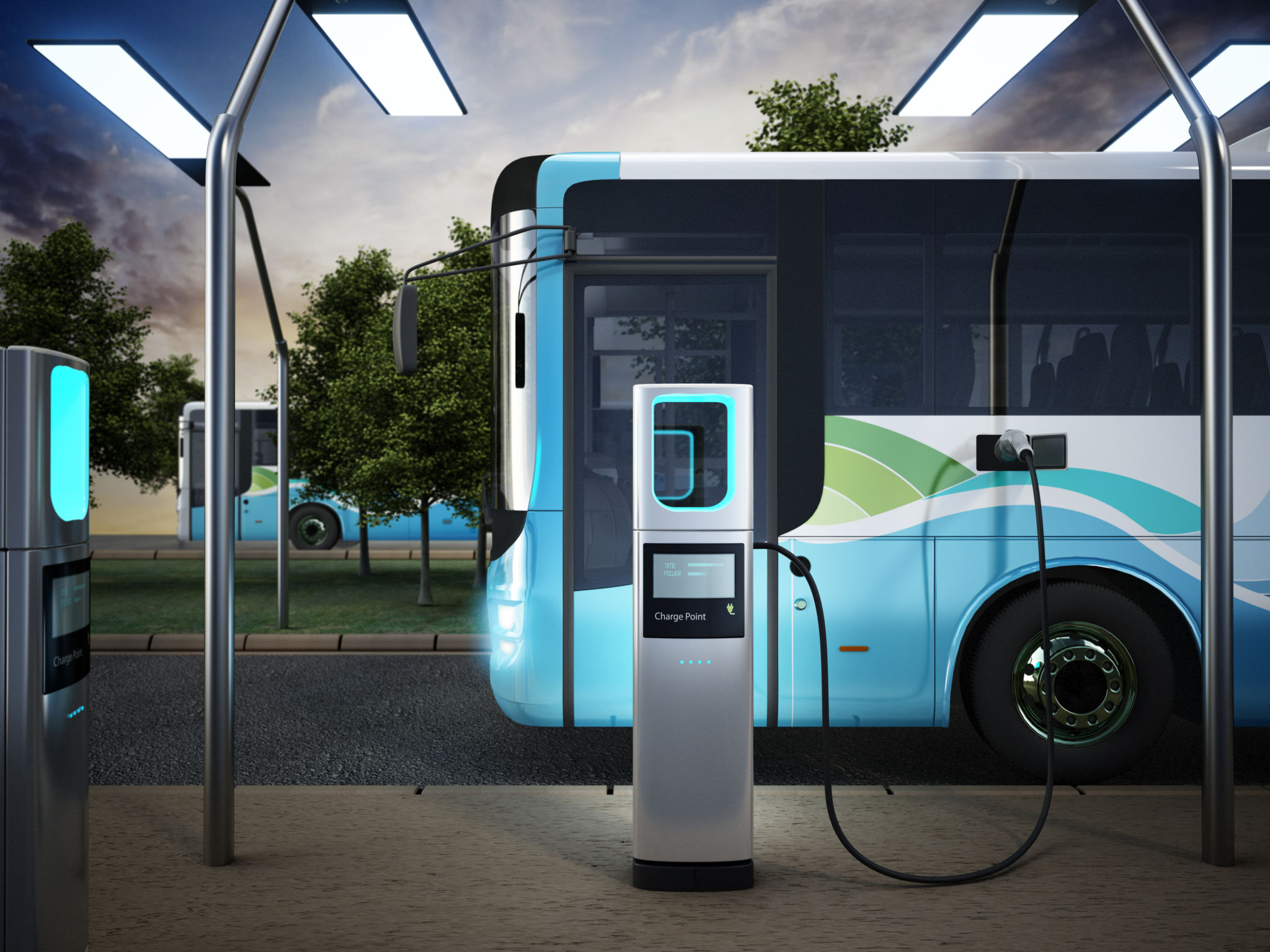How to Choose the Right Neighborhood for Your Family
Understanding Your Priorities
Choosing the right neighborhood for your family is a significant decision that can profoundly impact your quality of life. The first step is to understand your priorities. Are you looking for a neighborhood with excellent schools, or is proximity to work more important? Do you value a quiet, suburban feel, or do you prefer the hustle and bustle of an urban environment? Knowing what matters most to you will help narrow down your options.
For families with children, schools are often a top priority. Research the local school districts and consider both public and private school options. Look at school ratings, extracurricular activities, and the overall reputation of the schools. Proximity to parks and recreational facilities can also be essential for families who enjoy outdoor activities.

Safety and Community
Another crucial factor to consider is the safety of the neighborhood. Check local crime rates and talk to current residents to get a feel for the community. A neighborhood watch program or active community association can be a good indicator of a safe and engaged community.
The sense of community in a neighborhood can also make a big difference. Are there community events, block parties, or local clubs you can join? A strong sense of community can provide a support network and make it easier to settle into your new home.
Accessibility and Amenities
Accessibility to essential amenities like grocery stores, healthcare facilities, and public transportation is another key consideration. You don’t want to spend hours commuting to buy groceries or see a doctor. Check the availability of these amenities and how easily accessible they are from potential neighborhoods.

Public transportation can be a significant factor, especially if you or your family members rely on it for commuting. Look into the availability and reliability of public transit options in the area. Additionally, consider the proximity to major highways and the ease of commuting to work or school.
Affordability
Affordability is often a determining factor when choosing a neighborhood. Compare the cost of living in different areas, including property taxes, utility costs, and average home prices. It's essential to find a neighborhood that fits your budget without compromising on the quality of life.
Consider the long-term financial implications as well. Will the neighborhood's property values appreciate over time? Are there any planned developments that might affect property values positively or negatively?
Future Growth and Development
Investigate the future growth and development plans for the neighborhood. Areas with planned infrastructure improvements, new schools, or commercial developments can be a good investment. However, be cautious of overdevelopment, which can lead to increased traffic and noise.
Talk to local real estate agents and city planners to get an idea of what the future holds for the neighborhoods you are considering. This information can help you make a more informed decision and ensure that your chosen neighborhood will continue to meet your family's needs in the years to come.
Visiting the Neighborhood
Finally, visit the neighborhoods you are considering at different times of the day and week. This will give you a better sense of the area's dynamics, noise levels, and overall atmosphere. Talk to residents, visit local parks, and spend some time exploring the area to see if it feels like home.
Choosing the right neighborhood for your family is a significant decision that requires careful consideration and research. By understanding your priorities, evaluating safety and community, and considering accessibility, affordability, and future growth, you can find a neighborhood that will provide a happy and fulfilling environment for your family.
